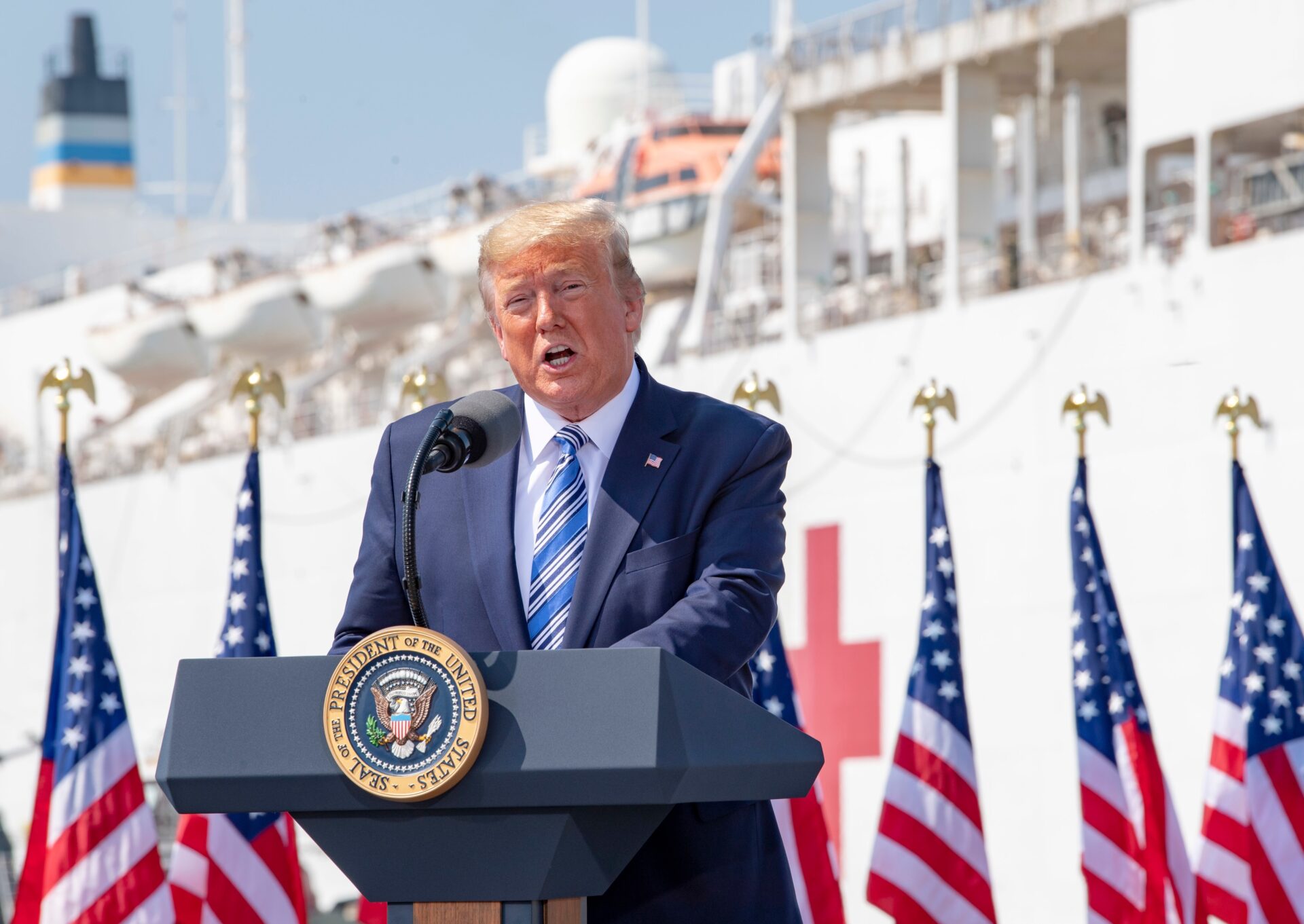
Tariff Deadline Sparks Global JITTERS!
President Trump has declared a looming “50‑50 chance” of securing a U.S.–EU trade deal before threatened 30 % tariffs take effect August 1, amplifying global uncertainty and political pressure.
At a Glance
- Trump announced potential 30 % tariffs on EU and Mexican imports effective August 1 while saying only half the odds remain that a deal will be struck
- European Commission President Ursula von der Leyen is set to meet Trump in Scotland this weekend to finalize a framework trade agreement
- The deal may reduce tariffs to around 15 % for most EU goods, with possible exemptions for automobiles, aerospace, and pharmaceuticals
- U.S. Commerce Secretary Howard Lutnick said the EU must open markets to American exports to secure a favorable agreement
- The EU has counter-retaliation plans ready—up to €93 billion in tariffs on U.S. goods—if negotiations collapse
Tensions Mount as Tariff Deadline Nears
Trump’s administration recently unveiled aggressive tariff threats—up to 30 % on EU and Mexico imports—intended to pressure Brussels into trade concessions. Amid this escalation, Trump expressed only a 50 % chance of deal success, reinforcing urgency. European officials dispatched Commission President von der Leyen to Scotland for high-stakes negotiations.
Watch a report: Trump’s “50‑50 Chance” Remark on EU Trade Deal · YouTube
Commerce Secretary Lutnick stressed that reductions hinge on true market access for U.S. goods. Meanwhile, the EU has approved contingency tariffs targeting roughly €93 billion in U.S. exports—including bourbon, poultry, autos, and aircraft—set to activate on August 7 if no agreement is reached.
Strategic Stakes & Global Market Impact
Investors are watching carefully: clarity or collapse in these negotiations could influence volatility in sectors such as steel, autos, pharmaceuticals, and agriculture. A shift from 30 % to 15 % tariffs could ease trade uncertainty; failure may disrupt supply chains and hurt investor confidence.
Republicans see potential leverage: success would reinforce Trump’s tough-on-trade posture, while failure cushions arguments over national sovereignty and tariff messaging. Critics warn unpredictability may undermine the U.S.’s reputation in global diplomacy and economic stability.
The outcome may shape headline issues in 2026 campaign messaging, with Republicans framing progress as success on trade reform and national security, while opponents emphasize risk and fallout from economic brinkmanship.


